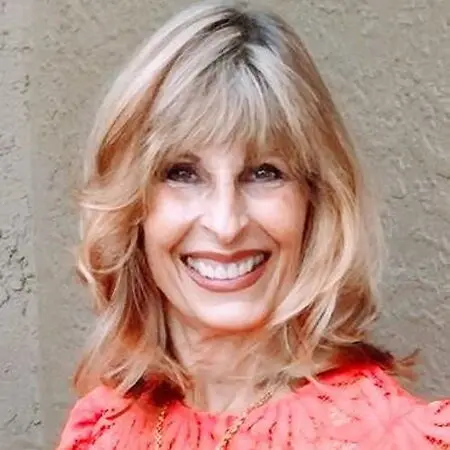Dr. Cheryl Zemina, OTD, MS, OTR/L, BCG

Cheryl Zemina, OTD, MS, OTR/L, BCG, is an accomplished occupational therapist and educator with over four decades of experience in the field. She currently serves as an adjunct professor at Gannon University in Ruskin, Florida, where she teaches courses on adult physical disabilities and gerontology to doctoral-level occupational therapy students and University of Montana, where she teaches practicing occupational therapists pursuing their doctorate degrees. She is currently developing the gerontology course for a new master's entry-level occupational therapy program for Alliant University in San Diego. Dr. Zemina also guest lectures on low vision rehabilitation for other Tampa area universities and therapy clinics. Her multifaceted career spans clinical practice, education, administration, and research, with a specialized focus in low vision rehabilitation and gerontology.
• Board Certification in Gerontology
• Marymount University
• University of Alabama at Birmingham
• University of Florida
What do you attribute your success to?
When I was growing up, my parents told me that I could do anything I set my mind to. What a blessing! My husband also has been incredibly supportive – encouraging me to try new things, to pursue higher degrees, to accept a promotion – even when I doubted myself. Now, I want to be an inspiration to my beautiful grandchildren, who most certainly will be able to do anything they set their minds to!
What’s the best career advice you’ve ever received?
My motto, not only professionally – but in life in general, is “Be afraid…Do it anyway”. I don’t know who coined that phrase, but they greatly impacted me. Women tend to doubt themselves – to have “imposter syndrome” – and I am no exception. This phrase helps me to accept challenges and to encourage others to do so.
What advice would you give to young women entering your industry?
I would first congratulate them on choosing such a dynamic, caring, exciting, and much-needed profession! I urge those entering occupational therapy to explore the wide variety of practice areas available to us. I would also remind them that this is a profession that requires you to give your heart and a great amount of emotional energy. You will laugh and cry with your patients. You may be outraged by injustice – and advocate for those who need care they cannot access. At times, you will feel spent. That means that from the very beginning, you must learn how to care for yourself. You cannot pour from an empty cup. So – fill yours every day.
What are the biggest challenges or opportunities in your field right now?
The opportunities are endless! Occupational therapists have been expanding into new practice areas, as well as continuing to serve in hospitals, skilled nursing facilities, and rehabilitation centers. I would urge practicing occupational therapists to participate in research to support our profession. I think the greatest challenge may be that, in many cases, finances determine care – as opposed to quality indicators. Unrealistic productivity standards frequently lead to therapist burnout. Occupational therapists and all healthcare professionals must learn to care for their own mental health to prevent professional burnout.
What values are most important to you in your work and personal life?
Family and faith are primary in my life. I have an incredible husband, two amazing adult children, and four delightful grandchildren. I believe that my children and grandchildren are my greatest gifts – to myself and to the world. My faith also strengthens me and helps to guide my decisions. Finally, as I have gotten older – and hopefully a bit wiser – I know that tomorrow is not guaranteed. Therefore, it is important to make the most of each day. The bottom line is that I wish to leave the world a better place than it was when I entered. I hope to accomplish that through touching others in a positive way and raising kind, caring, and intelligent children and grandchildren.